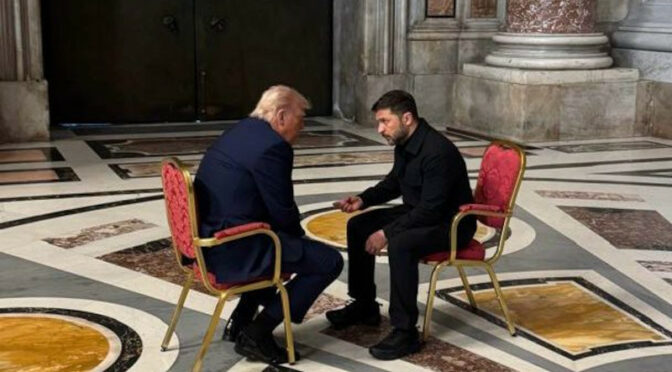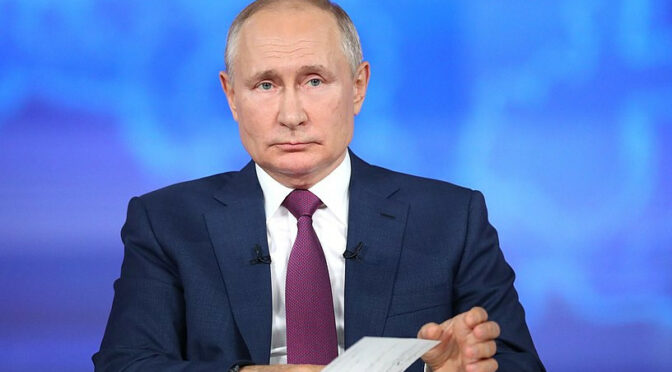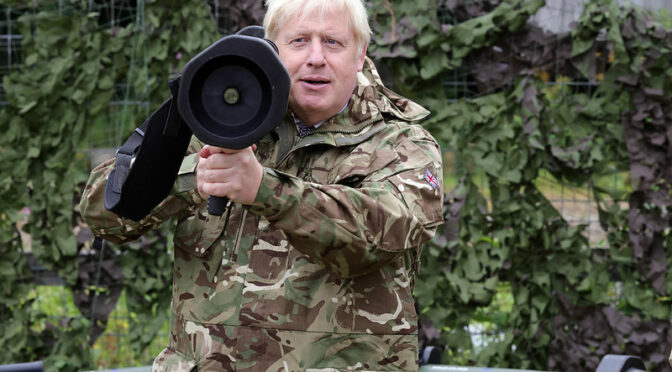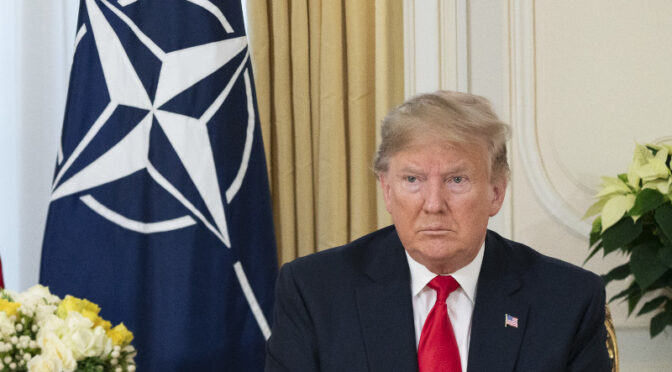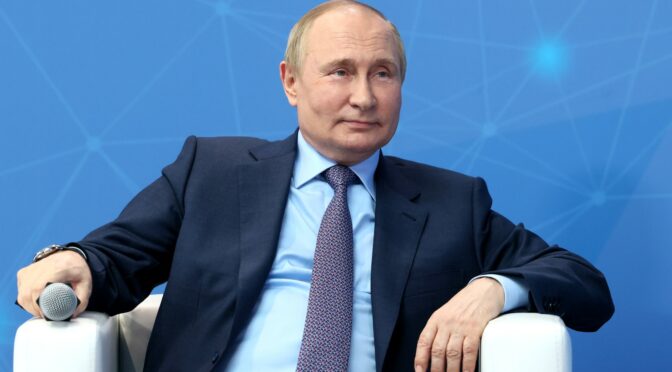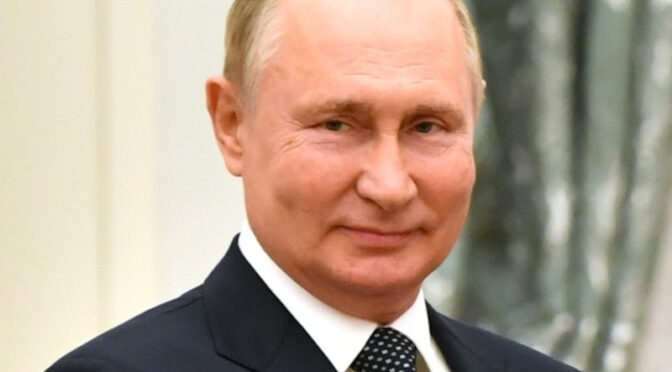Article published in The Daily Telegraph, 2 May 2025. © Richard Kemp
President Trump hoped to achieve a ceasefire between Russia and Ukraine by almost reversing the Biden position in this war. That is, by being tough on Ukraine while taking a more conciliatory tone with Russia. He aspired also to achieve improved long-term relations with Moscow in America’s interests.
The US put forward a ceasefire proposal which Kyiv accepted, despite indications of serious disadvantages to itself in potential negotiations. Russia rejected it. In recent days Trump has become increasingly frustrated with Putin’s position, apparently understanding that he has been strung along. Now he has pulled out of a formal mediation role in the conflict. Secretary of State Marco Rubio said the US is changing ‘the methodology of how we contribute’, no longer playing the role of intermediary. This is a major policy change for the US and it remains to be seen exactly what role it will take up.
One indication of the future ‘methodology’ is the economic cooperation deal just signed between America and Ukraine, involving significant US investment in minerals. That includes provision of military aid in exchange for access to natural resources. Accompanying this, Trump has approved his administration’s first fifty million dollars of arms exports to Ukraine. This is exactly what Putin did not want. It has been his priority to prevent the continuing Western supply of munitions to Ukraine which has been one of his main conditions in considering what was proposed as an unconditional ceasefire.
It does seem probable that Putin actually wants a negotiated end to the war given his country’s desperate economic situation – which can only get worse while the fighting continues. His apparent intransigence in responding to Trump’s ceasefire proposals is likely to represent a push for acceptance of his maximalist terms which involve much more than just freezing the conflict on current lines. Putin wants greater territorial gains as well as demilitarisation and regime change in Ukraine. By angering Trump in the way he has, Putin may have miscalculated. Not only has the new minerals deal given the US an increased economic interest in the future of Ukraine, but Trump has also said if Putin doesn’t accede to his peace proposal, he will flood Ukraine with arms.
Whether that actually happens we shall have to see. It would represent a major volte-face from the line Trump has taken on this war since the beginning. Nothing new there! The extent of arms supply would have to be enormous to have a significant effect on the ground, and accompanied also by a step-change in intelligence sharing as well as much more open-ended authority to use US-supplied weaponry against targets on Russian territory. Failure by the Biden administration to get close to the actual need in these areas led us to the current situation where Russia retains the upper hand on the battleground. A substantial boost to Ukraine’s hardware capabilities, no matter how great, is unlikely to be enough at this stage, given the country’s dire shortage of fighting troops. But if Trump’s threat begins to be operationalised it might push Putin further towards accepting a ceasefire.
A complementary, and probably even more effective tactic would be to turn the screws on the Russian economy in a way Biden did not do over three years of war. Republican Senator Lindsay Graham has put forward legislation to apply 500 percent sanctions on any country that buys Russian oil, gas and aluminium as well as imposing much more extensive sanctions. His proposal has so far gathered substantial bipartisan support in the US legislature.
There is no doubt about Trump’s determination to end the war. His use of the carrot so far has led only to frustration. How hard he is prepared to wield the stick – both in military support and economic action – is going to determine how quickly some kind of peace can be achieved.

